BY KELECHUKWU IRUOMA
Precious Eni sat on a foam covered with a red rose-patterned bed sheet in her one-bedroom apartment at Ekpo Abasi in Calabar south local government area (LGA) of Cross River state. She was discussing with a male neighbour, who had visited to congratulate her on the delivery of her third child.
Her niece, Esther Okon, was carrying Eni’s one-week-old baby. Soon, the baby began to cry. She turned to Okon to find out what the problem was and then to the neighbour to continue the discussion. But the baby’s crying persisted.
She then collected the baby from Okon, and raised her red shirt to breastfeed the baby whose crying had become intense. As soon as the baby’s mouth touched the mother’s left nipple, the crying reduced to a whimper.
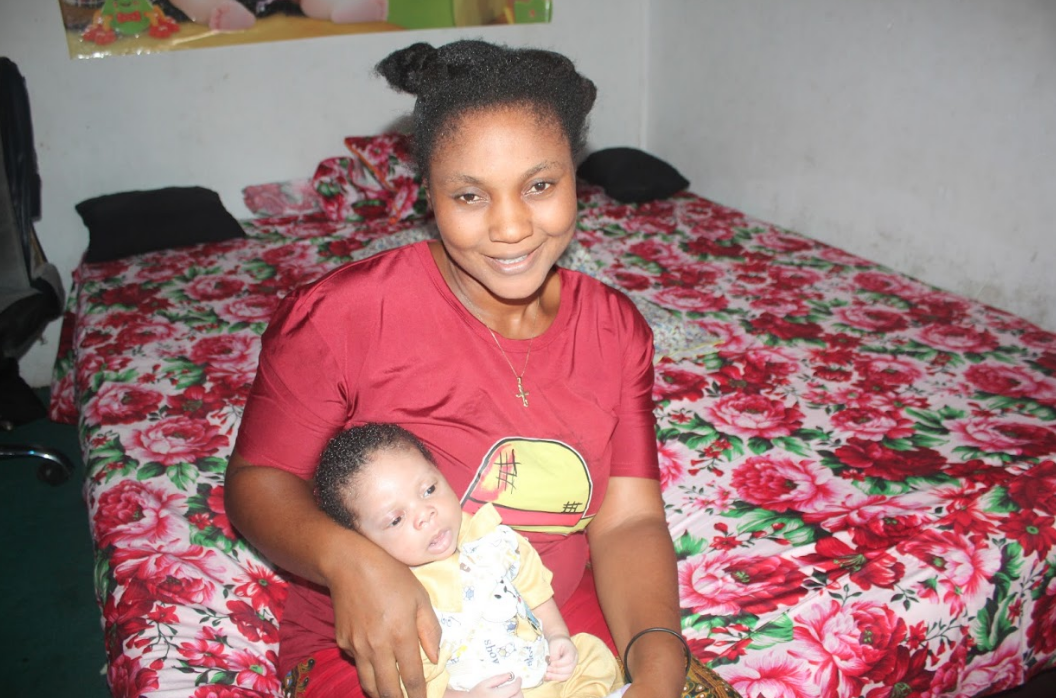
“With the help of the skilled birth attendants, I was excited to have delivered successfully at the Ekpo Abasi primary healthcare centre,” Eni said happily.
Advertisement
Ekpo Abasi primary healthcare centre (PHC) is one of the public health facilities that benefitted from the Saving Mothers, Giving Life (SMGL) initiative — a total market approach implemented in Cross River state between 2014 and 2020 by Pathfinder International to improve facility services related to maternal and neonatal health (MNH).
Before the programme kicked off, a 2013 demographic and health survey revealed that Nigeria had one of the world’s highest maternal mortality rates (MMR) with 576 per 100,000 live births.
A health facility assessment carried out by Pathfinder International in all 18 local government areas of Cross River in 2014 revealed that the state had an MMR of 876 per 100,000 live births, which was higher than the national average.
Advertisement
In Cross River, many public health facilities are said to lack skilled birth attendants (SBA) and the necessary equipment to assist mothers during delivery. As a result, many pregnant women are said to have lost confidence in PHCs to provide comprehensive MNH and basic emergency obstetric and new-born care (EmONC). Rather, they patronise traditional birth attendants (TBA), who are often not skilled.
“PHCs and general hospitals in Cross River were empty with no delivery equipment,” said Ikwo Okpebri, a retired midwife who mentored and trained birth attendants for Pathfinder International in Calabar South LGA. “When Pathfinder came, they reached out to them to ensure that the modern way of managing pregnant women was imbibed.”
According to Yemisi Femi-Pius, the programme was created as an “evidence-based intervention to address the three delays associated with maternal and newborn mortality”.
A research on maternal deaths published in 1994 identifies three delays that result in maternal and neonatal death: delay in seeking, accessing, and receiving quality care.
Advertisement
The SMGL is aimed at ensuring that every pregnant woman delivered in a functional health care facility in the presence of SBAs, and with access to quality MNH and emergency obstetric and newborn care when needed. Every health worker involved in delivery services in the 108 private, public and faith-based health facilities in the 18 local government areas were trained.
TRAINING OF BIRTH ATTENDANTS
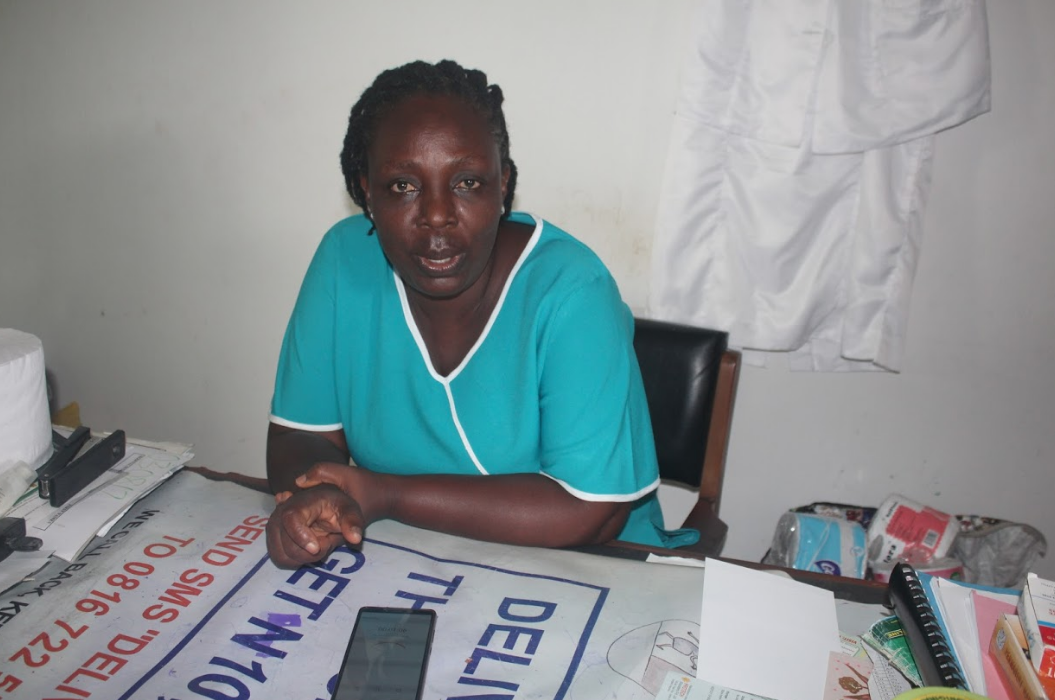
“Starting from the antenatal ward to the labour ward and postnatal ward, we were all trained,” she said. “In the past, the government could not do periodic training, but when they [trainers] came, they were updating us on what is obtained internationally.”
Ruth Emiri, the deputy labour ward manager at the general hospital, said before the training, she had never been directly involved in family planning procedures, but after the training every midwife from level one could do that effectively.
Advertisement
“I attended a training on quality improvement and we learnt a lot about sustaining the quality of healthcare delivery and to maintain that which we have learnt. The training was about sustenance and being able to improve in areas I am lacking in service delivery,” said Lydia Eneng, the community health extension worker in charhe of the antenatal, labour, and delivery unit at Ekpo Abasi PHC.
For the nurses at the Faith Foundation Specialist Clinic, a private health facility in Calabar, it was challenging to resuscitate pregnant women without the presence of the clinic’s obstetrician.
Advertisement
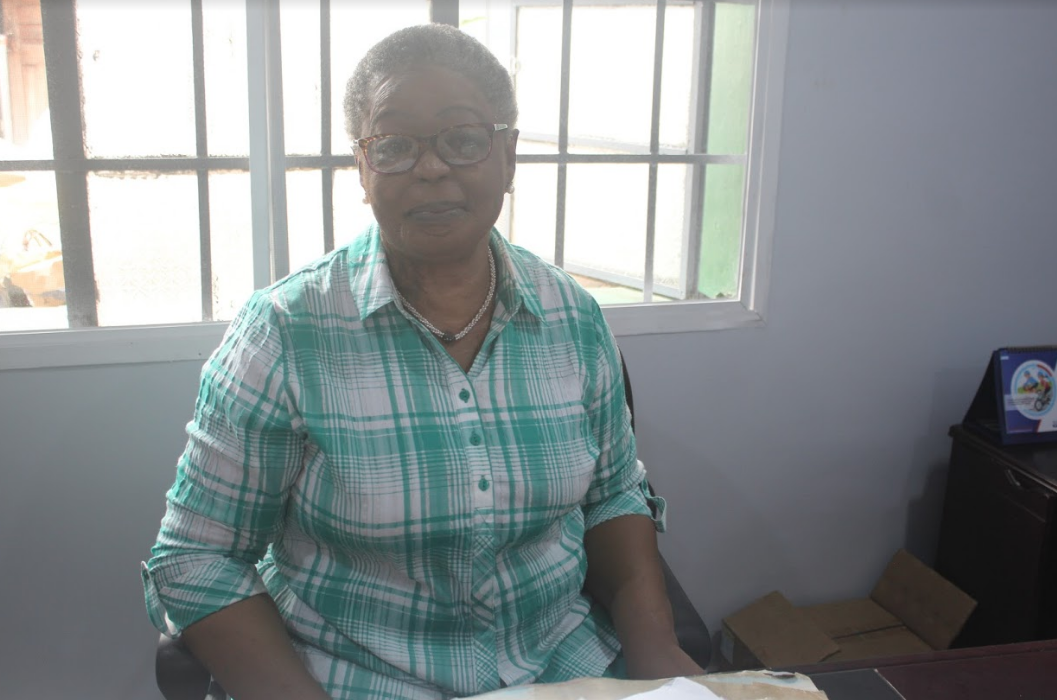
“After the training, our nurses can now resuscitate pregnant women,” Gloria Archibong, the chief medical director, said.
EQUIPPING HEALTH FACILITIES
Advertisement
Hospitals and PHCs that lacked the necessary equipment to perform deliveries were equipped with hospital beds, resuscitation machines, solar-powered blood banks, blood pressure apparatus, among others.
The hospitals were also given an anti-shock garments to help with bleeding during labour. The garment was used at the maternal unit of the general hospital some time last year when a pregnant woman was bleeding profusely. She was wrapped with the garment to stabilise her, after which she was referred to the University of Calabar Teaching Hospital (UCTH).
Advertisement
To address the inability of some PHCs to perform caesarian section procedures, a referral system was initiated, with private and public health facilities engaged to adopt an approach to reduce maternal mortality.
The Faith Foundation Specialist Clinic received referrals from PHCs in Calabar and performed cesarean sections on pregnant women at reduced cost.
“We help them when they come and Pathfinder helped a lot in this regard. The private clinic also referred pregnant women to teaching hospitals. We had a case of postpartum haemorrhage last year. We were able to take her to the UCTH,” Archibong said.
“What helped her was the anti-shock garment that Pathfinder provided. If not, I would have seen the shock of my life seeing a pregnant woman die right before me. We tried all we could but we were not able to arrest the bleeding until we used the anti-shock garment. As we got there, they attended to her. It is a situation I will never forget.”
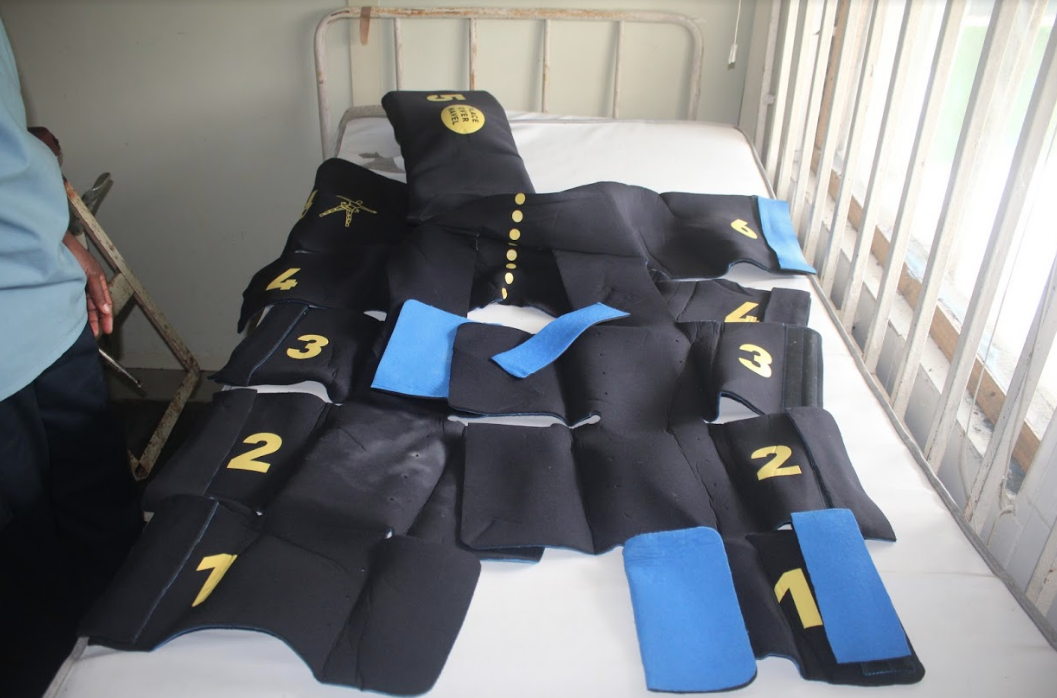
The initiative also engaged traditional birth attendants (TBAs) to refer pregnant women to PHCs. The TBAs were engaged as agents and paid N3,000 for each referral. They also accompanied their referrals to PHCs until they delivered.
Due to TBAs being the first point of contact for pregnant women, the porgramme engaged the National Primary Health Care Development Agency (NPHCDA) and the state ministry of health to train TBAs on infection prevention and control, early identification of danger signs, and referrals.
As a result of the partnership, Pathfinder International notes that more than 90 percent of women in Cross River state now have access to quality emergency obstetric care. Within the period, women who delivered at public and private health facilities where Pathfinder International worked were given delivery kits containing mats, pads, liquid antiseptic, towels, among others.
“After I delivered, I was given a delivery kit, which was helpful for me because sometimes some mothers exhaust what they come with and those things will help them. When I came, I had to use extra pads they gave me,” Regina Augusta said.
The initiative also introduced a programme called “Hello Mama”, where health workers would call pregnant women starting from the period they registered for antenatal care until the day of delivery.
“The nurses were given lectures on how to counsel pregnant women until the birth of their children. We made mothers understand the importance of benefitting from skilled delivery services, instead of going to the TBAs or churches to deliver,” Rose Akpama, deputy director in charge of the maternity unit at the Calabar general hospital, explained.
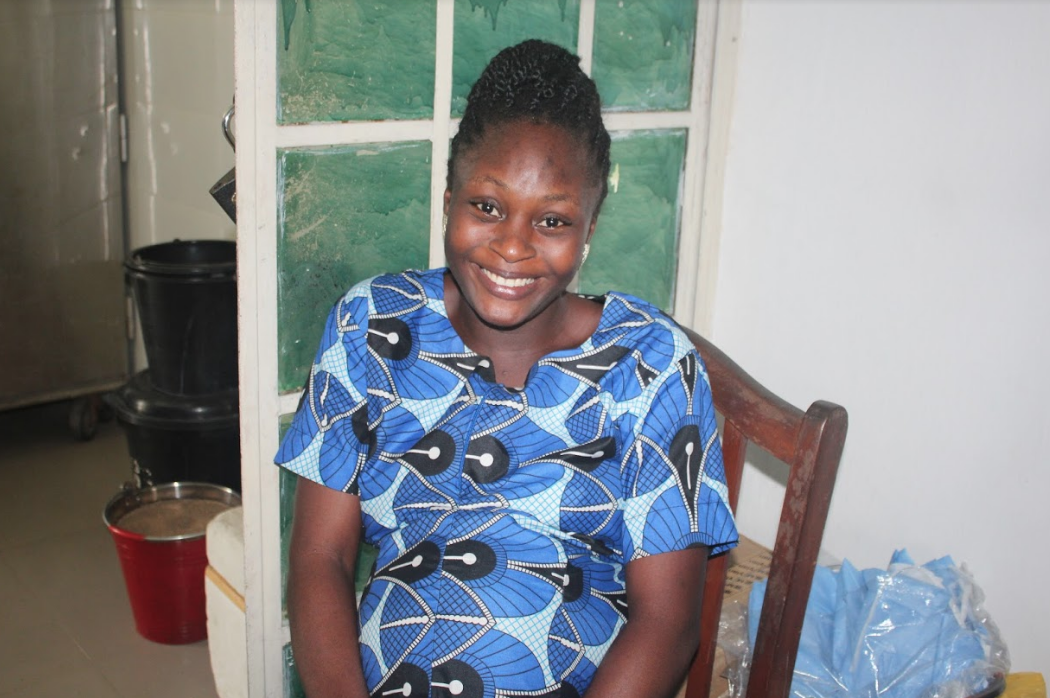
During “Hello Mama”, pregnant women are called or sent text messages teaching them various things to note about the birthing process.
“They used to call and ask about my health,” Eni said. “If I am experiencing any pain, they will advise me not to do self-medication but I should come straight to the clinic. They took care of me and they used to call almost three times a month to check up on me.”
MATERNAL AND NEONATAL DEATH REDUCTION
As a result of the Saving Mothers project, maternal health workers say there has been a significant increase in pregnant women coming to deliver at public hospitals, and that maternal and neonatal death has drastically reduced.
For example, from the data provided by the Ekpo Abasi PHC, in 2017, a total of 1,405 pregnant women attended antenatal sessions. That number increased to 1,845 in 2018. Also, in 2017, a total of 119 pregnant women delivered at the PHCs. The number increased to 227 in 2018.
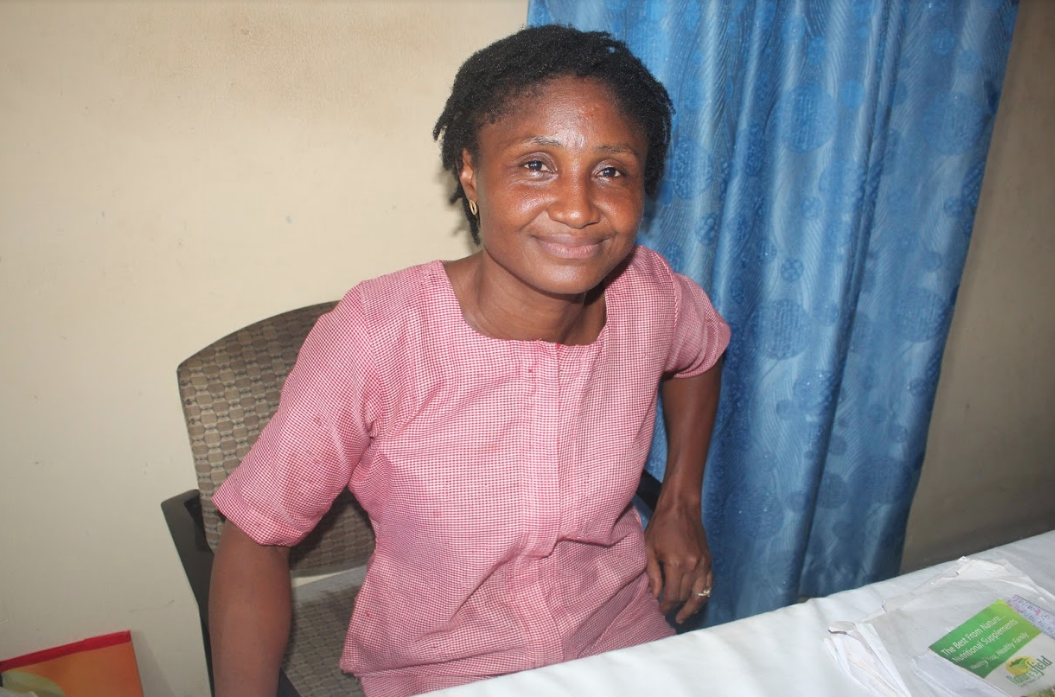
“The women who registered in the general hospital were like town criers to women in their communities to go to public hospitals to deliver,” Akpama said.
“Pathfinder International contributed to that [improvement in maternal health services],” added Archibong. “Women are encouraged by those little things. Apart from service delivery, at the end of that, they go back home with mama kits.”
The general hospital said the total approach to saving mothers has reduced the child mortality rate in the facility. “We rarely have child mortality. Based on the training we had, it is difficult to have neonatal or maternal deaths. No maternal death whether from the antenatal care to labour,” Akpama said.
The programme ended in March 2020 and according to Pathfinder International, there has been a significant change, with a 32 percent increase in facility births. “At the end of the project, an end line assessment revealed a 66 percent reduction in facility maternal mortality ratio and a 47 percent reduction in facility perinatal mortality rates (PMR),” revealed Femi-Pius.
LIMITATIONS
Despite the success of the programme, there were limitations. Ikwo Okpebri, a retired midwife who mentored and trained birth attendants for Pathfinder International in Calabar South LGA, said the programme could not train all health workers in the state and equip all PHC facilities due to “limited resources”.
The Cross River state government is supposed to continue from where Pathfinder International stopped, but according to Okpebri, “since they left, things have been the way they left it. The training, supervision, and monitoring have not continued. It is up to the government to release money and do a step-down training for other health workers that were not trained.”
Sustainability was agreed upon between Pathfinder International and the government, but the latter has not responsive.
“The problem is that the government has not fulfilled its side of the bargain. They make promises and sign Memorandum of Understanding (MoU) but when it comes to keeping to those things, the government does not keep to it in Cross River,” she said.
“Even the mama kits the government promised to provide for mothers, the government has not done it. It is always frustrating when an organisation comes and puts things together and the government goes back to their shells without doing anything to sustain the programme in areas where Pathfinder International did not reach,” she lamented.
On November 2, 2020, Pathfinder International announced that it would implement the SMGL programme in Kaduna state. With $2,075,000 funding from MSD for mothers, Pathfinder International will replicate the SMGL programme in Kaduna to improve maternal and newborn healthcare in the state.
Eni believes if health workers continue to receive training, there will be a reduction in maternal and neonatal deaths.
“I am so impressed and very grateful to them [health workers at Ekpo Abasi],” said Eni. “Even at the time of my delivery, when labour came up, I had to call one of the nurses just to show the friendliness.”
This story was produced with the support of a reporting grant from Maternal Figures.





